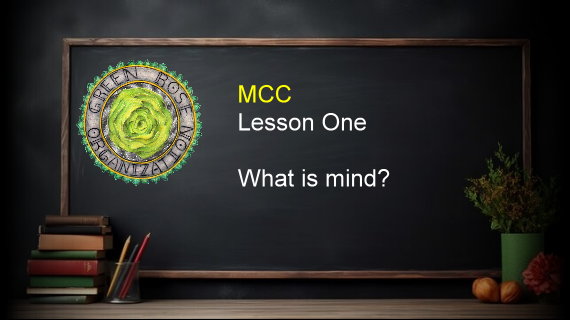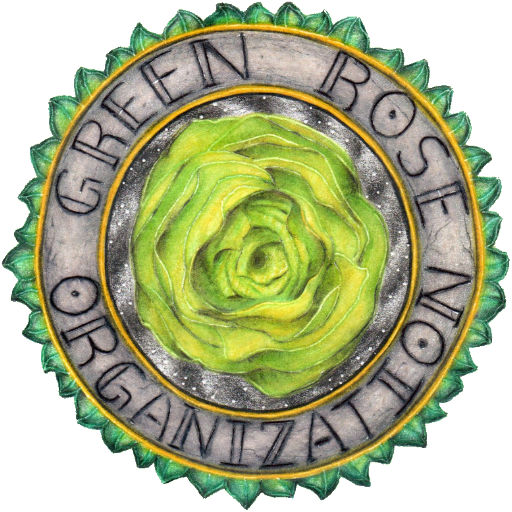
WHAT IS MIND
5 WIDELY RECOGNIZED PSYCHOLOGICAL, PHILISOPHICAL & SPIRITUAL FRAMEWORKS FOR THE VARIOUS DIVISIONS OF MIND
The concept of divisions of the mind often varies depending on the psychological, philosophical, or cultural perspective taken. Here are some widely recognized frameworks: 1. Freudian Model (Psychoanalytic Theory):
Sigmund Freud divided the mind into three parts: Id: The primal, instinctual component seeking immediate gratification, operating on the pleasure principle. Ego: The rational part that mediates between the id and the external world, using the reality principle. Superego: The moral compass that upholds societal and ethical standards. 2. Jungian Model (Analytical Psychology): Carl Jung proposed divisions such as: Conscious Mind: The realm of awareness and decision-making. Personal Unconscious: Memories and experiences unique to the individual. Collective Unconscious: Universal archetypes and instincts shared across humanity. 3. Tripartite Soul (Platonic Philosophy): Plato described the soul as having three parts: Logos (Reason): Rationality and intellect, responsible for wisdom. Thymos (Spirit): Courage and emotional energy, tied to honor. Eros (Desire): Physical appetites and base urges. 4. Cognitive Psychology Perspective: Modern psychology categorizes mental processes into areas such as: Conscious Processes: Thoughts and activities we are aware of. Subconscious/Unconscious Processes: Automatic functions like biases, instincts, or stored memories. Executive Functions: Higher-order tasks such as reasoning, decision-making, and self-regulation. 5. Other Cultural or Philosophical Views: Vedantic Philosophy: Describes layers like the mind (Manas), intellect (Buddhi), ego (Ahamkara), and the deeper Self (Atman). Buddhist Psychology: Often speaks of the “Six Consciousnesses,” which include mind-consciousness alongside sensory perception.

